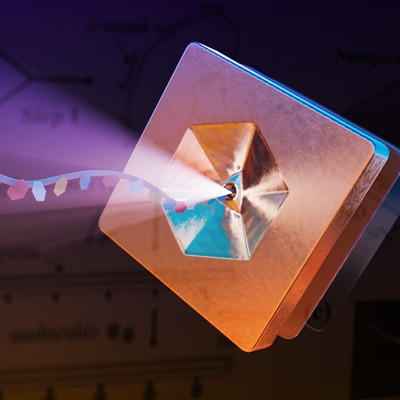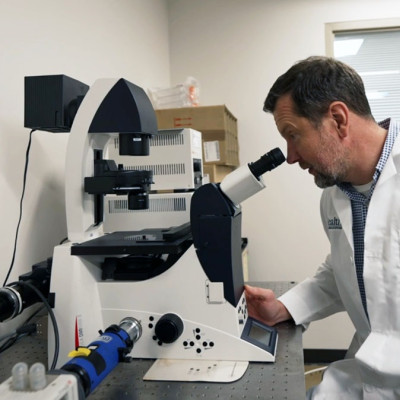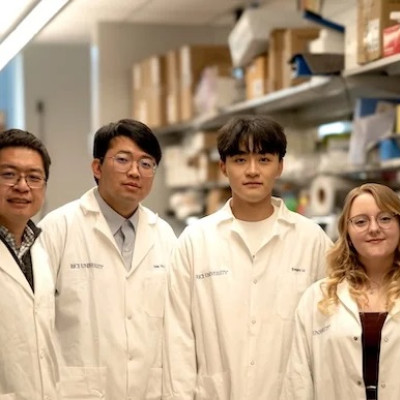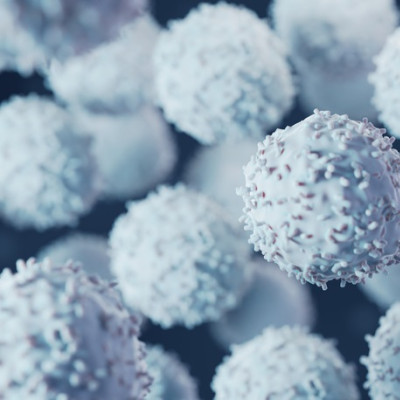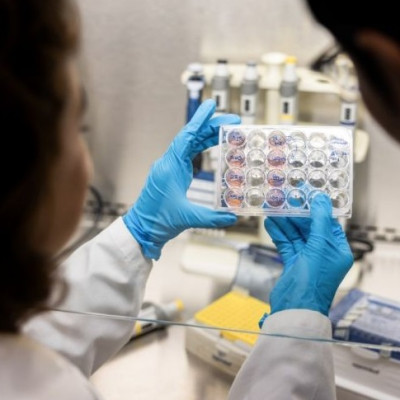The projects, involving researchers from the Faculty of Medicine and Health and Faculty of Science, will support the development of a needle-free skin patch for COVID-19 vaccination and advance the commercial scale manufacturing of particular nanoparticles for image guided cancer surgery and therapy.
Vaxxas is a Brisbane based biotechnology company advancing the development and clinical testing of the first COVID-19 vaccine candidate delivered using its needle-free skin patch. The vaccine patch has the potential to be stored at elevated temperatures and be administered by lower skilled users, and potentially self-administered.
In collaboration with the University of Queensland, this CRC-P grant will support further development of the technology including Phase II clinical studies, paveing the way for licensing and sovereign manufacture.
On the other hand, Ferronova is an Australian biotech company developing super-paramagnetic iron-oxide nanoparticles (SPIONs) for image-guided cancer surgery and therapy. Building on nanoparticle research previously undertaken by Associate Professor Brian Hawkett and chemists within the University of Sydney’s Key Centre for Polymers and Colloids, this CRC-P aims to address these issues and develop commercial scale manufacturing of Ferronova’s FerroTrace SPION platform.
A total of 19 industry-led collaborative research and development projects will share in $44 million in funding recently announced by the Australian Government.
Read the original article on BioSpectrum Asia.


